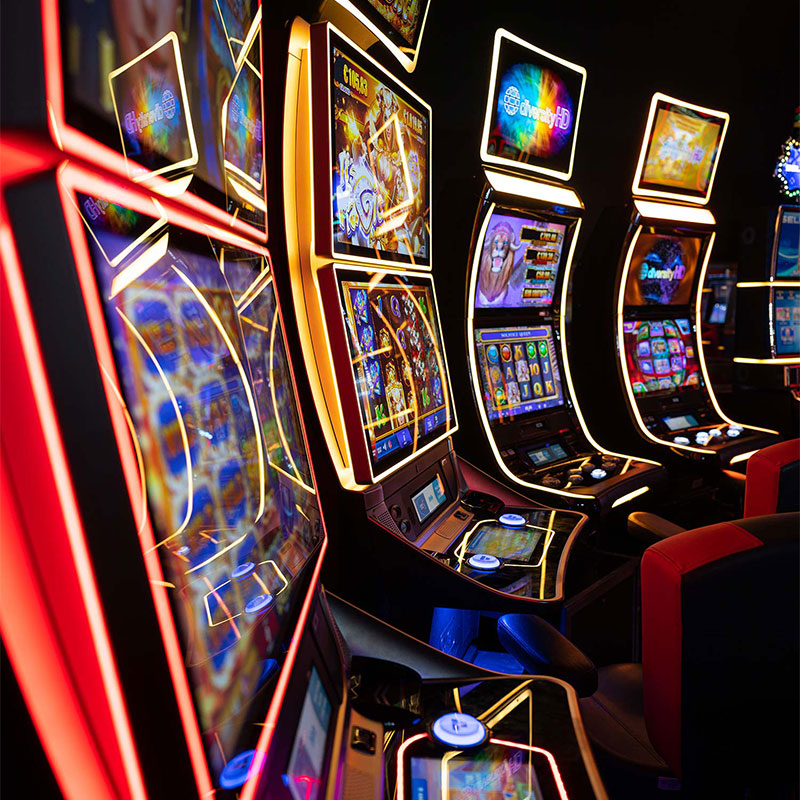
Such appeal of casino-related activities has enchanted countless individuals around the world for decades. From the turning roulette wheel to the sound of dealing playing cards, the thrill of fortune and talent intertwines to create an energetic ambience that pulls people in. These entertainments are not just hobbies; they have grown into an valuable part of the leisure industry, evolving into a worldwide phenomenon that spans lavish resorts, colorful digital gambling spaces, and all that lies in between.
As the demand for one-of-a-kind and immersive experiences keeps to grow, the tales behind the achievements of gambling games reveal a intriguing landscape. Innovators and developers are continuously extending the boundaries of creativity and originality, resulting in the emergence of novel entertainments and interactive technologies. Investigating these accounts provides us insight into the effort needed to establish a casino game business and the passion that propels those behind the scenes.
The Evolution of Casino Games
Gambling games have a robust history that dates back centuries, with their beginnings often connected with historic ceremonies and communal events. The initial types of gambling can be linked back to long-ago China, where games involving dice were played, and even to the Roman Empire who partook in betting on multiple events. Over time, these primitive forms of entertainment evolved into more organized forms, leading to the creation of games like baccarat and roulette in the 17th century. These early casino games laid the foundation for the industry we experience today.
As the world evolved, so did the complexity and variety of gambling options. The 19th century marked a significant shift with the creation of formal casinos in places like Monte Carlo and Las Vegas. This era saw the rise of well-known games such as poker and blackjack, which enthralled the interests of participants around the world. The surge of these games was enhanced by advancements in game development and the implementation of gambling laws that rendered the industry more organized and appealing to the general populace.
The digital revolution in the final 20th and early 21st centuries changed the landscape of gambling options yet again. non GamStop casino The advent of the internet resulted in online casinos, enabling players to enjoy their preferred games from the comfort of their houses. This change not only broadened the scope of gambling options but also introduced new formats like live dealer games and mobile gaming apps. Today, the casino game landscape continues to progress, with innovative technologies such as virtual reality and blockchain potentially set to transform the prospects of gambling.
Successful Game Creation Strategies
The cornerstone of a thriving casino game empire lies in the creation of entertaining and innovative games that engage players. A successful strategy involves comprehensive market research to comprehend current trends and player preferences. By reviewing user feedback and watching successful titles, developers can determine what appeals with players and what features are in need. Incorporating original themes, diverse game mechanics, and artistically appealing graphics are crucial to differentiate in a competitive landscape.
Partnership is another key component of winning game development. Uniting talented designers, programmers, and mathematicians guarantees that games are not only visually captivating but also fair in terms of gameplay. Encouraging open communication among team members promotes creativity and yields innovative concepts. Moreover, engaging with players during the beta testing phase enables developers to gather valuable insights that can refine gameplay elements before the official launch.
Lastly, efficient marketing strategies cannot be ignored in building a thriving casino game empire. Developing a compelling narrative around the game and utilizing online media platforms to create excitement can significantly impact player acquisition. Offering incentives, loyalty rewards, and engaging in community events can additionally enhance player retention. By integrating strong development practices with savvy marketing, game developers can create an enthralling experience that keeps players returning for more.
The Future of Casino Gaming
The scene of gambling gaming is evolving quickly, driven by developments in technology and changing player preferences. Digital and mobile gaming is prepared to dominate the sector as more players seek ease and access. Augmented VR and augmented reality are also entering into the casino experience, providing captivating settings that elevate traditional gaming to a different level. As gamblers crave more interactive and entertaining interactions, casinos will need to adapt and innovate to keep their audience captivated.
Additionally, the integration of artificial tech and data analysis will play a major role in defining the future of casino games. Casinos will leverage information to analyze player actions, personalize experiences, and improve customer service. Customization will become key, as gamblers will want games that modify to their tastes and gaming habits. As the gaming industry utilizes these understandings, the development of new play types and features will likely arise, keeping the casino experience fresh and stimulating for all.
Moreover, the trend towards safe play is becoming increasingly notable. As regulators and players focus more on player welfare, casinos will need to adopt measures that encourage responsible gaming practices. This could include options that allow gamblers to set limits on their expenses and time spent playing, as well as improved resources for those who may be struggling with gaming addiction. By prioritizing responsible gaming, casinos can establish trust with their customers and ensure a sustainable future in the challenging landscape of casino play.